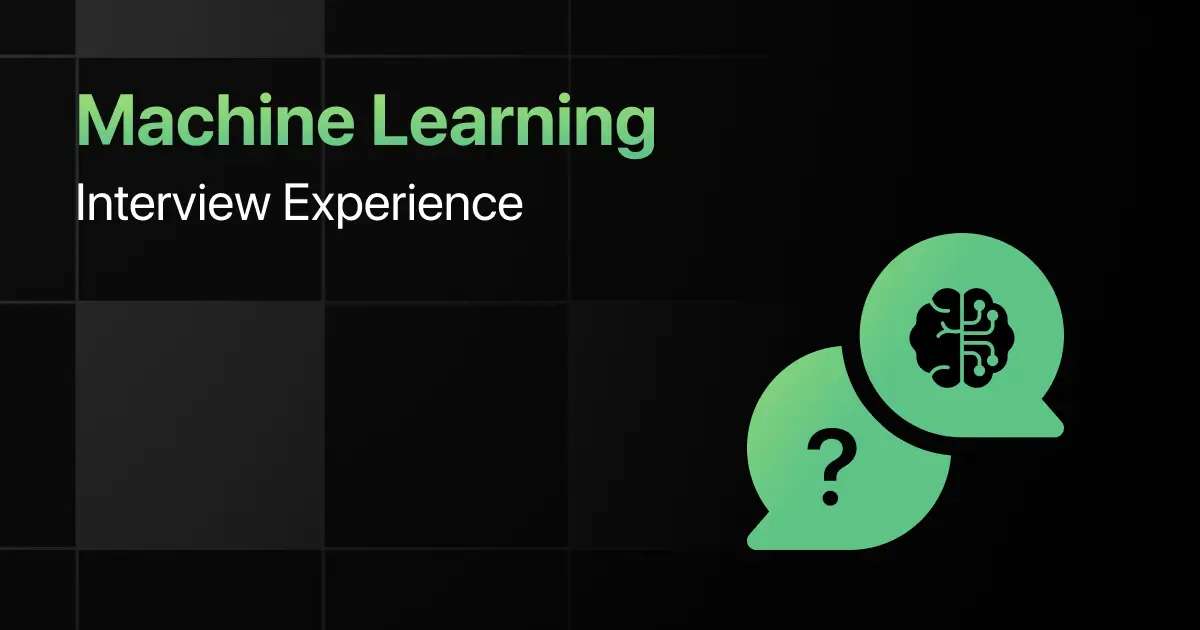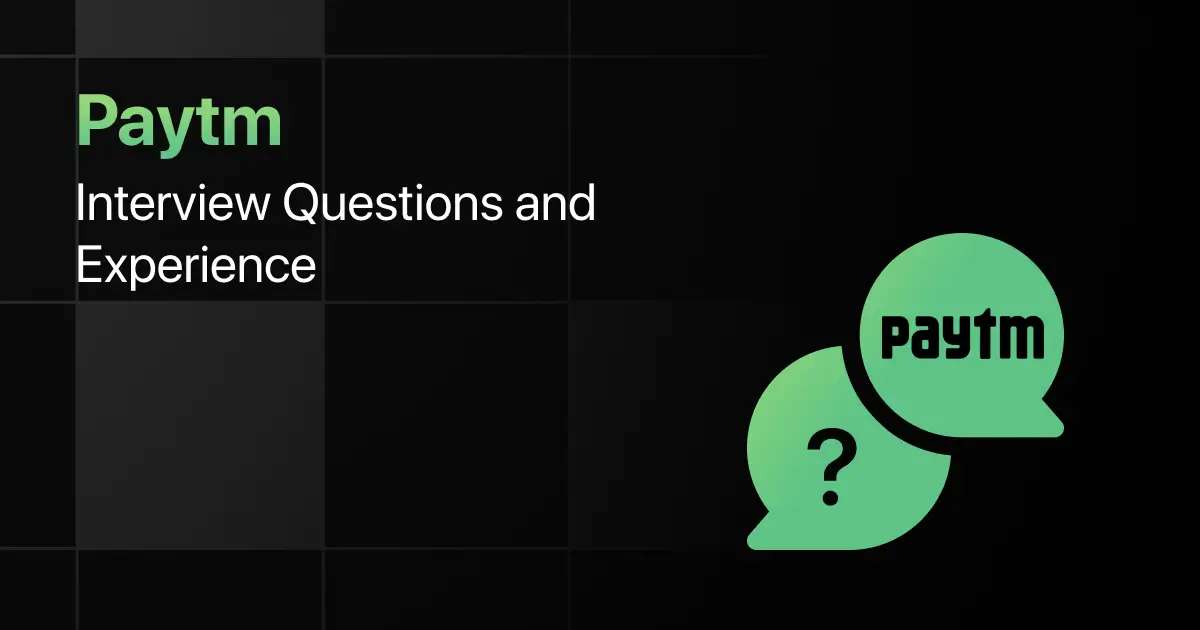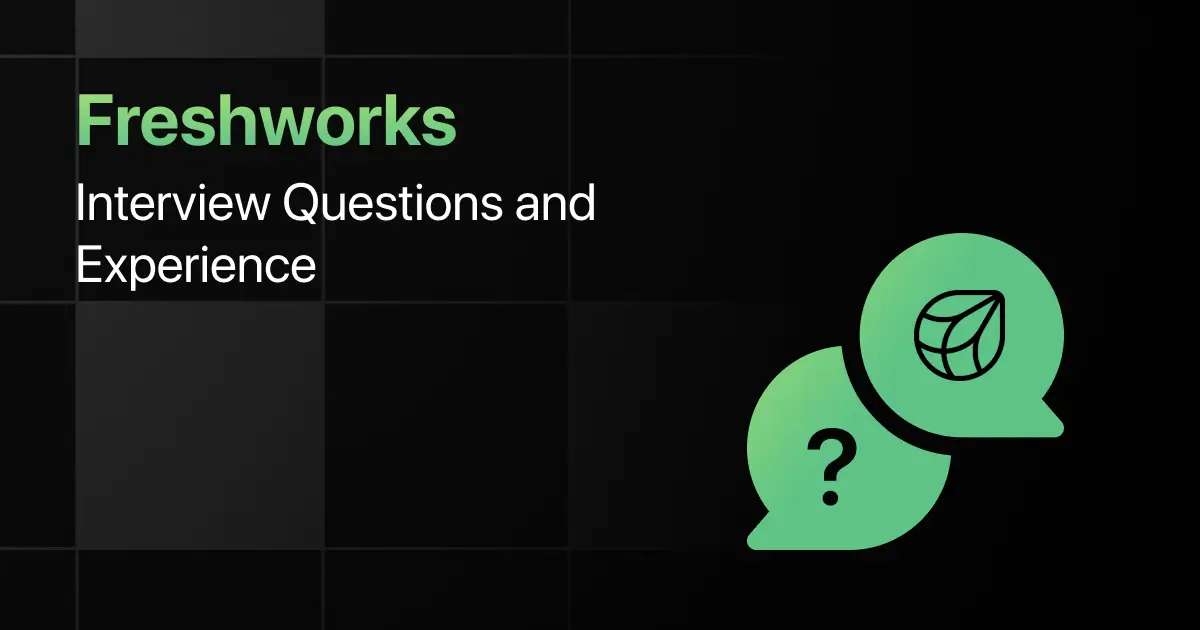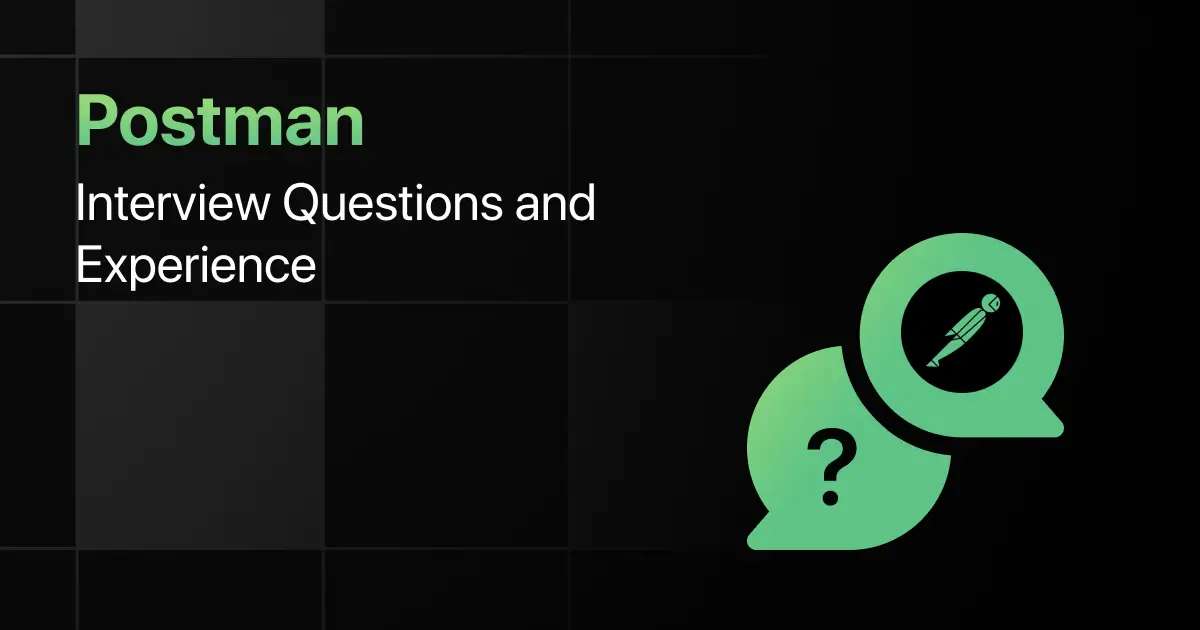Machine Learning Interview Experience

Have you ever wondered what the process is like for a machine learning interview? You may have studied the theory, but real interviews feel different.
As a candidate, you often face rounds that test algorithms, coding, and applied ML skills. It can be difficult when you are unsure about the format.
In this blog, you will read real candidate experiences from machine learning interviews. You will also find common questions and preparation tips to guide your practice.
Real Candidate Interview Experiences
1. Machine Learning Software Engineer III Interview at Google
This interview experience is from Himanshu Upreti, who interviewed for a Machine Learning Software Engineer III role at Google. The process included multiple DSA, ML domain, and cultural fit rounds.
Candidate Background
- Experienced candidate with strong skills in data structures, algorithms, linear algebra, and machine learning implementation.
Background included applied ML, sentiment analysis, and system design.
Interview Process They Faced
- Screening round (DSA coding).
- 3–4 DSA rounds on algorithms and data structures.
- 1 ML domain-based round on theory and implementation.
- 1 Googlyness round focusing on cultural fit.
- Team match rounds with hiring managers.
Questions Asked
- Coding / DSA: String problem with sub-linear solution, multi-source BFS, 2D dynamic programming, heap-based problem.
- ML: Conditional probability reasoning, implementing sentiment analysis functions (fit, predict), optimizations with TF-IDF, BPE tokenizers, and deep learning approaches.
- Case Study: Resume-based discussions during team match, including past projects and contributions.
- Behavioral: Problem-solving approach, collaboration, cultural fit, and motivations for joining Google.
Outcome & Difficulty Level
- The candidate cleared all technical and cultural rounds and moved forward to team match discussions.
- The process was highly challenging, with a strong focus on structured problem-solving and ML fundamentals.
2. Machine Learning Engineer Interview at Meta.
This interview experience is from Samuel Flender, who interviewed for a Machine Learning Engineer role at Meta. The process included coding, design, and behavioral rounds over multiple days.
Candidate Background:
- Experienced candidate transitioning to a senior role with a strong background in machine learning, system design, and coding.
- Skilled in recommender systems, classification models, and distributed systems.
Interview Process They Faced:
- Phone screen with 2 coding questions.
- Virtual onsite across 2 days:
- Day 1: one coding interview, one behavioral interview, one system design, one ML system design.
- Day 2: one coding interview, second behavioral round canceled.
Questions Asked:
- Coding: 6 Leetcode-style questions (medium difficulty), common and obscure, from Facebook-tagged sets.
- System Design: Build scalable distributed systems with REST APIs, load balancing, and communication models.
- ML Design: Design classification and recommender systems, discuss model components, embeddings, and evaluation strategies.
- Behavioral: STAR-based questions on conflict resolution, taking initiative, collaboration, and handling ambiguity.
Outcome & Difficulty Level:
- The candidate cleared the process and received an offer at Meta with a promotion to senior role.
- Difficulty was high due to multiple coding and design rounds, but the structure was fair and transparent.
Common Machine Learning Interview Questions
Machine learning interviews test both coding fundamentals and applied ML problem-solving. Below are common questions grouped into categories.
Statistics / Math
- Explain conditional probability with examples.
- What is the curse of dimensionality?
- How do you calculate bias and variance trade-offs?
Machine Learning Concepts
- Implement a sentiment analysis model with fit and predict functions.
- Compare TF-IDF and BPE tokenization.
- Explain how embeddings are used for similarity search.
- How do you evaluate a recommender system?
Coding / Algorithms
- Solve a graph traversal with O(1) space complexity.
- Apply multi-source BFS in a real scenario.
- Write code for 2D dynamic programming.
- Solve a heap-based scheduling problem.
System Design / ML Design
- Design a scalable classification system.
- Outline an ML pipeline for training and evaluation of LLMs.
- Build a distributed system for large-scale data processing.
HR / Behavioural
- Describe a time you handled team conflicts.
- Explain how you collaborated across teams on an ML project.
- Share a project where you took initiative and delivered results.
Preparation Tips for Machine Learning Interviews
Effective preparation requires balancing theory, coding, and practical applications of ML.
- Strengthen Math: Revise probability, linear algebra, and optimization. Many ML questions are built on these fundamentals.
- Practice Coding: Solve problems on graphs, DP, and heaps. Focus on efficient solutions and explaining complexity.
- Review ML Basics: Be clear on core ML methods, tokenizers, and model evaluation metrics. Interviewers often check conceptual depth.
- Work on Projects: Prepare to discuss real ML projects, including design, challenges, and improvements. Interviewers expect practical insight.
- Prepare Design Skills: Practice both system design and ML system design. Be ready to outline components and trade-offs clearly.
- Simulate Interviews: Practice mock interviews with peers or tools. This improves clarity and time management under pressure.
- Polish Behavioral Answers: Use the STAR framework. Prepare examples of teamwork, leadership, and adaptability in ML contexts.
Final Words
Machine learning interviews combine coding, statistics, and applied ML concepts. Learning from real experiences and practicing common questions helps you prepare with clarity and confidence.
Explore More Interview Experience for
FAQs
Machine learning interview experiences help by showing real processes, common questions, and candidate insights, making preparation more focused.
Machine learning interviews frequently cover statistics, algorithms, coding, ML concepts, system design, and behavioral problem-solving.
The usual duration of the machine learning hiring process is two to six weeks, depending on the company.
Senior machine learning engineer and applied scientist roles usually have the toughest interview rounds.
Freshers prepare by practicing coding, revising statistics, learning ML basics, and building small projects for discussion.
Machine learning interviews focus on both concepts and coding, testing theoretical knowledge, and practical application.
No, each company has its own process, but most include coding, ML design, and behavioral rounds.
Related Posts


Paytm Interview Questions and Experience
Preparing for a Paytm interview requires a clear understanding of the company’s hiring process, the type of questions asked, and …
Warning: Undefined variable $post_id in /var/www/wordpress/wp-content/themes/placementpreparation/template-parts/popup-zenlite.php on line 1050








